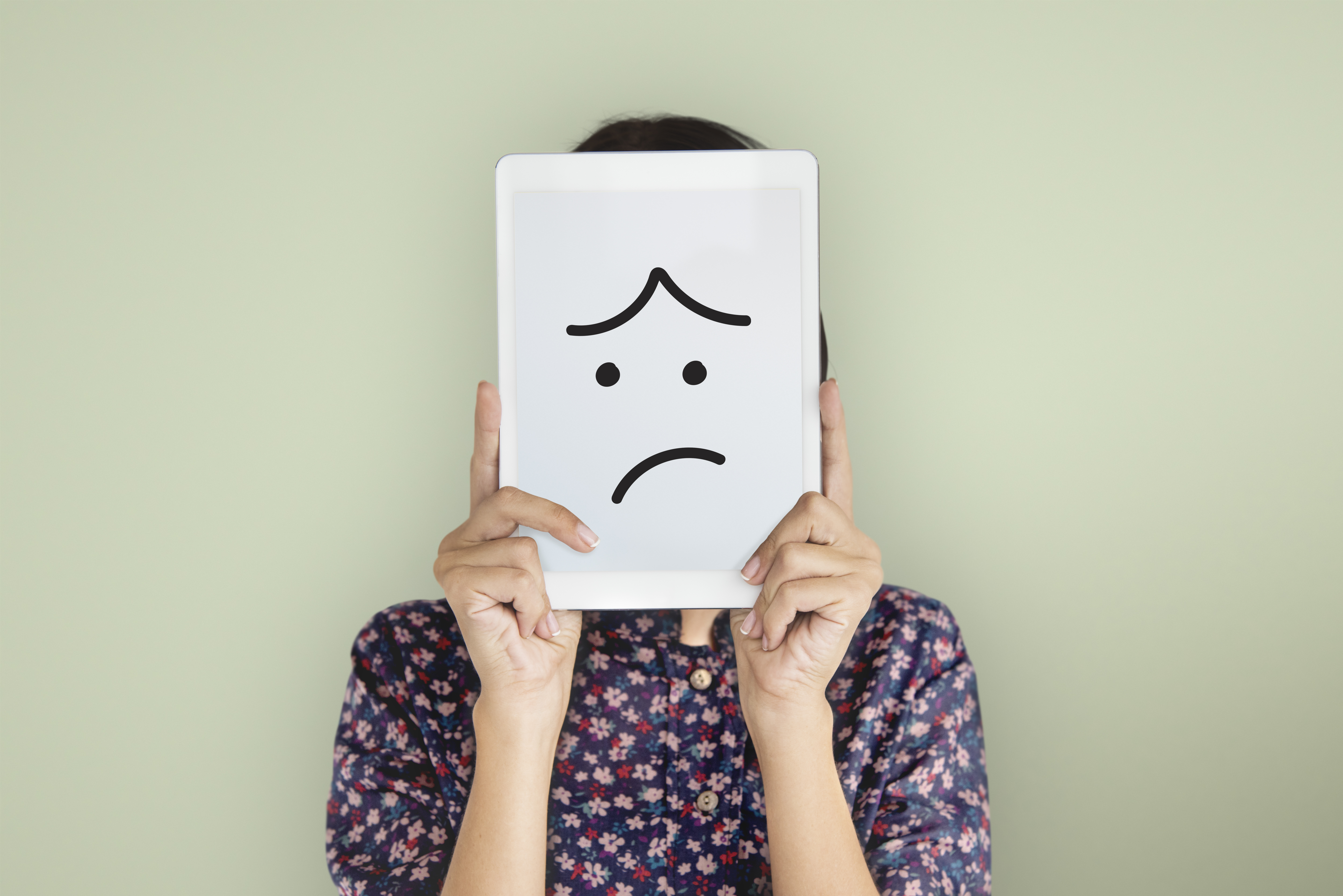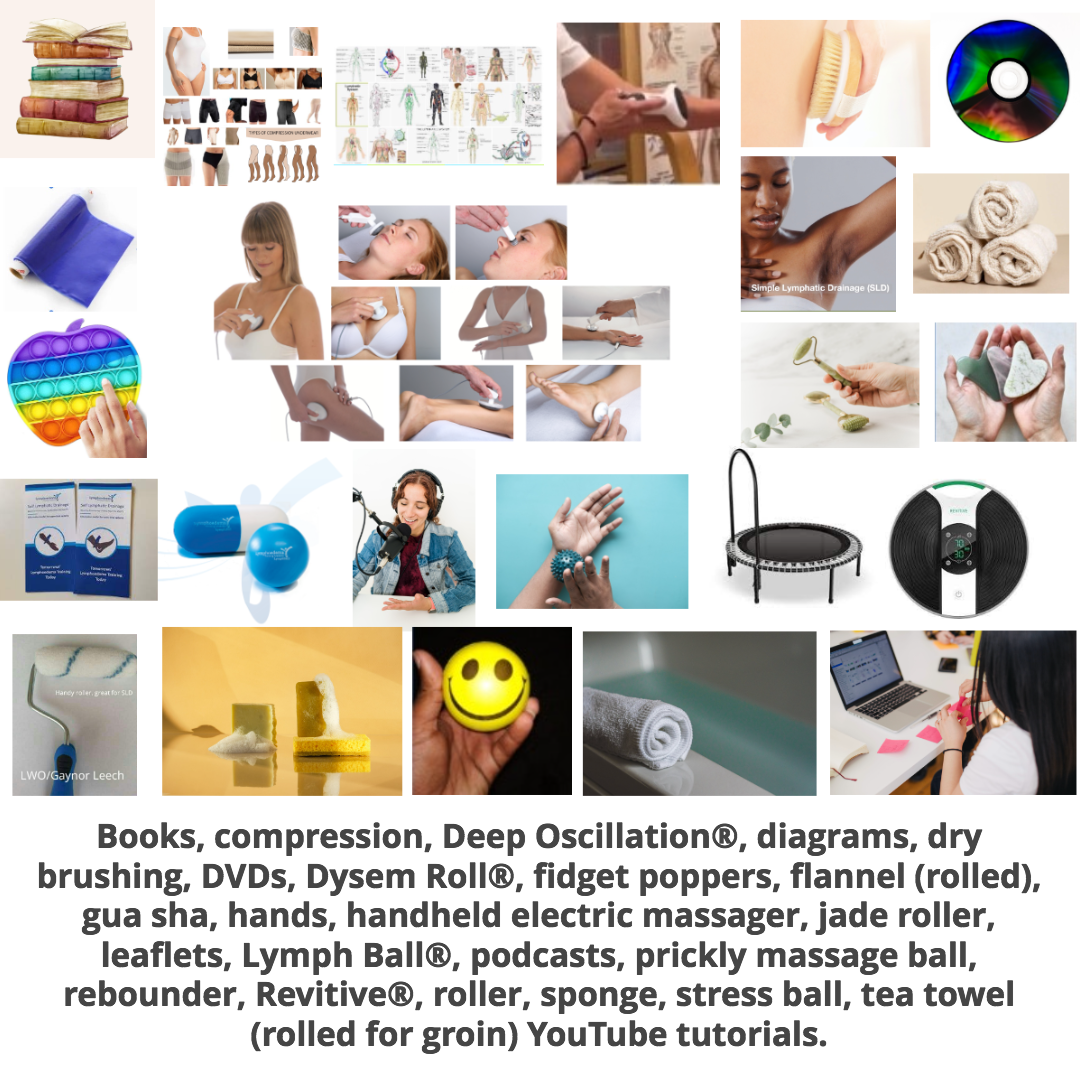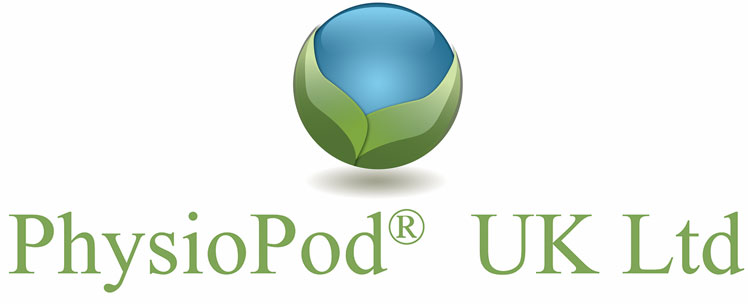Sue Hansard, Lymphoedema Specialist: Expresses Thoughts on 2023 SLD Survey Results
PhysioPod Forward: "With huge thanks, as always, to Sue for being a wonderful Lymphoedema Practitioner Advocate" and helping with this campaign element.
Sue Hansard was an integral part in setting up questions for the SLD (Simple/Self Lymphatic Drainage) Survey and here we share her thoughts on the results:
RESPONSE TO SURVEY

.jpeg)
I found it disappointing that so few therapists took part.
TRAINING AND TEACHING SLD
.jpeg) .
.
.jpeg)
Encouraging that all 13 therapists were taught SLD in training and now teach it to their patients. But since only 13 out of hundreds of lymphoedema therapists in the UK completed the survey, we cannot assume that ALL therapists teach SLD or believe in its efficacy. The results reflect the commitment of the 13 who took part. (Please also see the additional poll carried out by LWO Community on SLD)
.jpeg)
And sadly, 22% of our patient respondents said their therapist did not teach them SLD.
Why IS THIS? Why are therapists NOT empowering patients with their ongoing self-management strategies?
PATIENT USE OF SLD
.jpeg)
Immensely encouraging that 51% of patients still perform SLD daily. It demonstrates that many really do feel it is an essential and effective part of their self-management. The fact that people use this 'tool' in a way that works for them, such as when swelling or nodes are painful or 2-4 times per week as maintenance, shows that they are 'listening' to their body' and using SLD when they 'feel' it is needed, alongside other management strategies such as lifestyle and compression.
It's so easy to parrot out the mantra that patients must massage several times a day... but they have to LIVE life and not be limited in doing so by the advice we give them.
TOOLS FOR SLD

1. Do not use oil, moisturiser, shower gel/soap when doing self-lymphatic drainage.
DEEP OSCILLATION®
.jpeg)
13 out of our 38 patient respondents use Deep Oscillation and clearly find it an important, and in some cases, vital, part of their management. This demonstrates the clinical benefits of this device. I found this device a game-changer in my practice. It is encouraging that 46% of those therapists who completed the survey are using it too.
I hope more therapists discover it and, more importantly, whether a therapist uses innovative technology or not... that they inform their patients about advances and developments, which they learn about at Conferences and Training updates.
BEING LISTENED TO:
.jpeg)
I am very relieved to hear that 66% of our patient respondents DO feel listened to and supported by their therapists. After all, it's what we are here for, isn't it? To serve, care and support. But, sadly, 3 out of our 38 respondents do not feel they are listened to. How can we appropriately plan care for our patients if we don't listen to them? I do understand the difficulties that arise when providing care in a busy and stretched clinical practice within a hospital/hospice where organisational restrictions or staffing numbers add to the already immense pressures. But maybe the pandemic has taught us that we can support our patients differently. Indeed, when lymphoedema is stable and maintained well, a person does not need to be seen in a clinical setting or even to have an automatic review. Still, people need to know they can seek advice and reassurance IF they experience changes.
Do we need to look at how we can provide this? The alternative is that patients turn to Dr Google, Facebook, Twitter, or the Daily Mail Health pages! We can do better.
CONCLUSION

An insightful survey, nevertheless. It would be interesting if we had more therapist respondents, though. I think the pandemic has severely impacted the provision of lymphoedema/lipoedema care in the UK, with many services reducing their treatment interventions, face-to-face consultations, and inclusion criteria. Since 2019, some services have closed, others now operate with fewer staff, and some have even had to change to smaller premises. On the plus side, our specialist training schools continue to train up more Lymphoedema practitioners here in the UK. More independent therapists are setting up treatment clinics, sometimes in collaboration with physiotherapists and chiropody.
Additionally, fantastic ongoing research into lymphatic conditions, innovative treatments and educational opportunities are supported by corporate sponsors. There IS a lot of hope, care, and drive in the Lymphie world.
.jpg)
Sue Hansard, Lymphoedema Specialist, First Lymph Care

